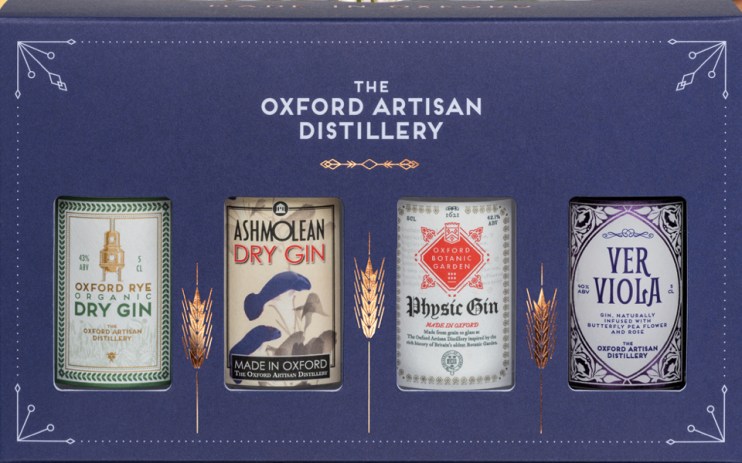TOAD whisky is a disruptive, Oxford-made spirit

Can you have a disruptive whisky? Is there such a thing as a daredevil distiller? One that breaks boundaries despite taking years to mature, somehow predicting the status quo and refusing to follow it? I present to you TOAD whisky and its Portuguese Master Distiller, Oxford-based Chico Rosa.
“Our whisky perfectly showcases our terroir,” he boasts. “The huge flavour impact of our grains: herbal notes from the rye, nutty caramel from the wheat and sweet malted barley combine with oaky vanilla. The long fermentation in our Hungarian oak vats, where lactic acid bacteria from our fields have been enjoying their new home, contribute creamy and sour notes, bringing praline to the table.”
This week, the country’s first certified organic grain-to-glass distillery launched a rye whisky made in Oxford in a repurposed Haitian steam engine, inspired by ancient, long-forgotten grain seeds found in thatched-roof houses. It’s pretty disruptive, let me tell you.
The distiller also makes Ver Vola Gin with organic-rose and butterfly pea flower, and the-excellent-for-Prosecco topping, pale rose coloured Cuisse de Nymphe liqueur.
Farming practises have revolutionised the field-to-bottle business and the TOAD (The Oxford Artisan Distillery) spearheaded the grain-to-bottle movement, led by former New York bartender and graduate of Heriot-Watt University’s International Centre for Brewing and Distilling, Californian Cory Mason, who also worked for Dark Matter Scottish rum.
Four years of work in collaboration with archaeobotanist John Letts has gone into Rosa’s £95 Oxford Rye Whisky.
The grain is flattened – rather than milled – in a 1920 mill before being made into mash and periodically stirred with an oar. It’s made in stills called Nautilus and Nemo, themselves made by the south Devon Railway Engineering Company and incorporating a porthole salvaged from a ship in India. Using Letts’ thoughtful farming practises and restorative grain production methods, the rye whisky began its life with a diverse maslin harvest in 2017, with several different “heritage population” grains growing together in the same field, including multiple ancient rye and wheat strains, and even a few oats and thistles.
Long fermentation in Hungarian oak vats followed before maturing in virgin American Oak casks. TOAD’s grain varieties were common before 1904, when the advent of modern farming changed how crops were sown and grown. Times changed and the local thatched roof houses became grain banks and museums.
The resulting drink is a disruptive English rye whisky with a naturally disruptive taste, made through a disruptive process that came from a disruptive idea formulated by a disruptive distiller.